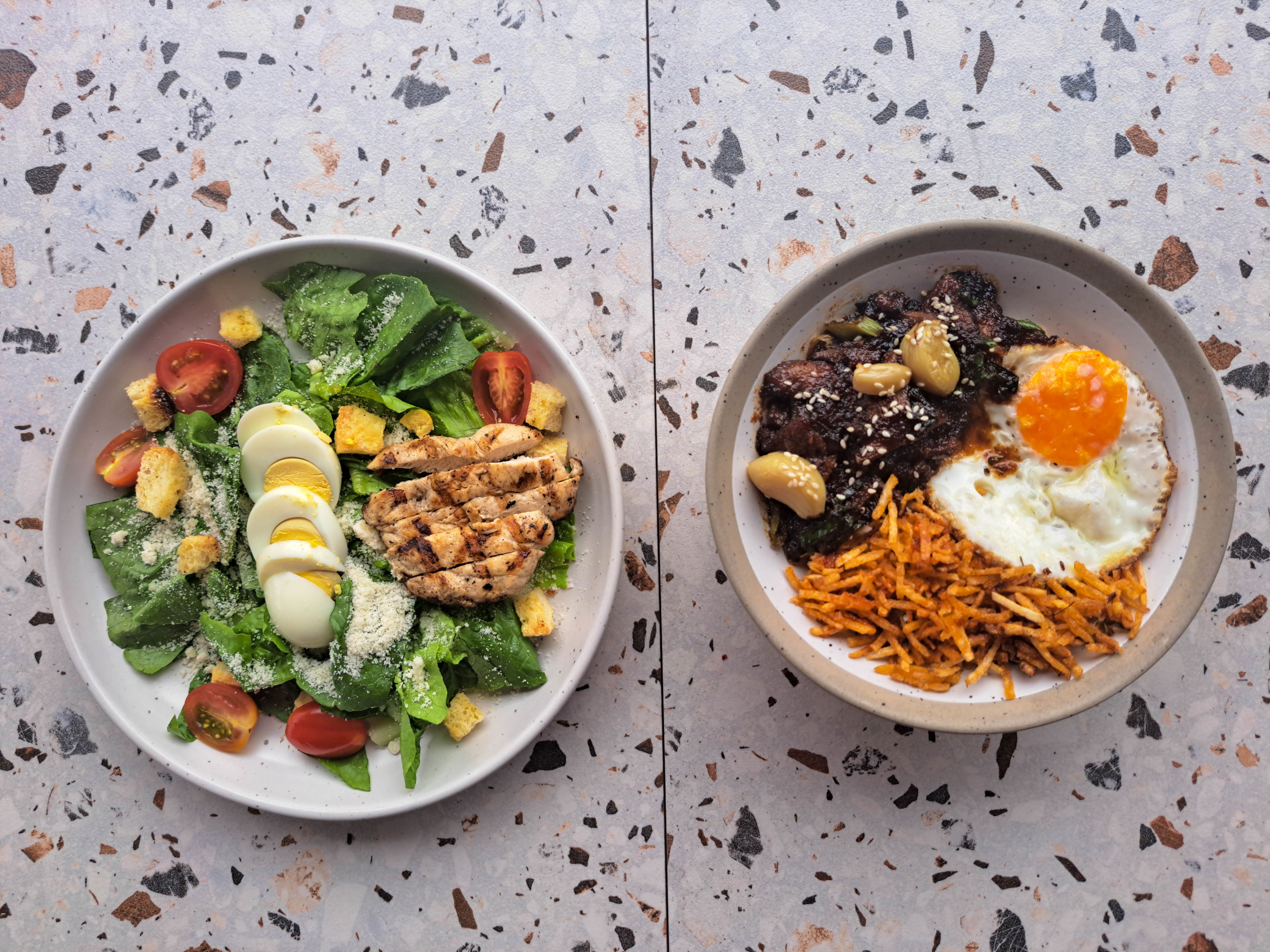Fueling Success: The Role of Preparation and Nutrition Before a Soccer Tournament
The Importance of Preparation
Preparation is the cornerstone of success in any sport, and soccer is no exception. As players gear up for a tournament, the emphasis on strategic planning and thorough preparation becomes crucial. Athletes must focus not only on their skills and tactics but also on their physical and mental readiness. Effective preparation helps to enhance performance, reduce the risk of injuries, and build confidence on the field.
A comprehensive preparation plan involves several elements, including training sessions, rest, and mental conditioning. Each component plays a vital role in ensuring that players are at their peak when they step onto the pitch. Without a doubt, preparation is as important as the game itself.

The Role of Nutrition
While preparation sets the foundation, nutrition provides the fuel needed to execute an athlete's game plan. Proper nutrition before a soccer tournament can significantly impact a player's energy levels, endurance, and recovery. It is essential for players to understand what their bodies require and how to meet those needs through a balanced diet.
Carbohydrates are the primary source of energy for soccer players. Consuming foods rich in complex carbohydrates, such as whole grains and vegetables, helps maintain energy stores necessary for high-intensity matches. Additionally, proteins are crucial for muscle repair and recovery, while healthy fats provide sustained energy.

Hydration Strategies
Alongside nutrition, hydration is equally important. Dehydration can lead to fatigue, decreased coordination, and impaired performance. Players should aim to stay well-hydrated before, during, and after matches. This involves not just drinking water but also consuming sports drinks that replenish electrolytes lost through sweat.
A good rule of thumb is to start hydrating well before the tournament begins. Athletes should consume fluids consistently throughout the day leading up to the event. During matches, quick access to fluids can help maintain optimal hydration levels.

Pre-Match Meal Planning
The timing of meals is crucial for maximizing energy levels. Ideally, a pre-match meal should be consumed about 3-4 hours before kickoff. This meal should be rich in carbohydrates, moderate in protein, and low in fat to ensure easy digestion and sustained energy release.
Examples of pre-match meals include pasta with lean protein, rice with grilled chicken, or a hearty sandwich with plenty of vegetables. Players should always try different foods during training sessions to find what works best for their bodies.

Rest and Recovery
Rest is an often-overlooked aspect of preparation. Adequate sleep and recovery time are essential for both physical and mental well-being. Rest allows muscles to repair and grow stronger, while also helping to clear the mind and reduce stress.
Incorporating rest days into training schedules can help prevent burnout and overuse injuries. Additionally, techniques such as stretching, foam rolling, and massage can aid in recovery by alleviating muscle soreness and improving flexibility.
Mental Preparation
Mental readiness is just as important as physical conditioning. Visualization techniques, meditation, and positive self-talk can enhance focus and reduce anxiety. Coaches often work with players on setting goals and developing strategies to handle pressure effectively.
In conclusion, fueling success in a soccer tournament requires meticulous preparation and nutrition planning. By understanding the importance of each factor and how they interlink, players can optimize their performance on the field. Remember, success is not just about talent; it's about being prepared in every possible way.
